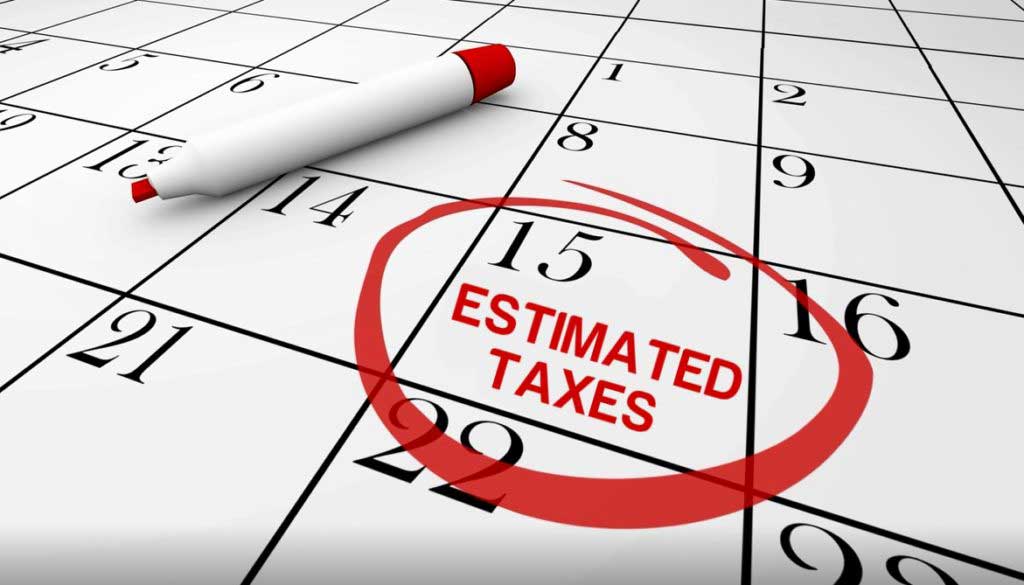
The Canada Revenue Agency (CRA) might have helped you through the lockdown if you lost your job due to COVID-19. The federal government initially announced the Canada Emergency Response Benefit (CERB) that would see qualifying Canadians receive $2,000 per month over 16 weeks. After two extensions, the program’s total length became 28 weeks, and Canadians can receive up to $14,000 through the program.
The CERB is a taxable benefit. The CRA did not deduct the taxes while disbursing the payments. It means that the payment will count as part of your taxable income for the 2020 tax year. If you received any CERB money without qualifying for it, you can repay it to the CRA and avoid paying taxes on the mistakenly received funds.
However, if you truly needed the funds and qualified for it while receiving the money, the CRA will calculate your taxes with the CERB cash you’ve received.
However, before you apply to this federal benefit, you need to know that the CERB is taxable by the CRA.
What are your estimated taxes for 2020?
When you calculate your taxes, you need to remember that you have to pay provincial and federal tax. The federal tax is 15% of the first $48,535 of your taxable income for the 2020 tax year. With the pandemic, you might not have earned a lot of money in 2020.
Suppose you receive a full $14,000 over 28 weeks through CERB, you earned $31,000 besides the CERB before you lost your job for the 2020 tax period, and you live in Manitoba. Your total taxable income will be $45,000, and you will have to pay $6,750 in provincial taxes.
The provincial tax for your taxable income will be 10.8% for the first $33,389 and 12.75% on the next $38,775. It means your provincial tax will come around to $5,086. It means that the total tax bill you can estimate in the scenario above is $11,836. Considering the loss of income due to COVID-19, that can be a hefty tax bill.
It is crucial to estimate your tax preemptively so that you can allocate enough funds to pay off the CRA. The next tax season is several months away, and every dollar you set aside can come in handy to pay off your tax bill. If you have any savings as cash that you did not need to touch because of CERB, you can use it to generate some passive income that can offset the tax bill.
Source: Yahoo News
Newsletters
No Results Found
The page you requested could not be found. Try refining your search, or use the navigation above to locate the post.
Events & Sponsorship
No Results Found
The page you requested could not be found. Try refining your search, or use the navigation above to locate the post.
Articles & Publications
How to Use Excel for Small Business Accounting
Microsoft Excel can make simple accounting tasks more accessible. Explore the features and benefits of using Excel for small business accounting. Accountants are known for wearing pocket protectors and spending their days working in Microsoft Excel. I can vouch for...
Canada’s Child Benefit Boost Is Coming In May & Here’s How To Get It
Eligible families can get up to $1,200 per young child in 2021. Eligible Canadian families receiving the Canada Child Benefit (CCB) can expect a little extra money this month, thanks to the CCB young child supplement (CCBYCS). The extra money — which is up to $1,200...
Tidy Up Your Finances
Time to tidy up your finances. As the tax-filing season ended on April 30th after a year that was upended by the pandemic, financial pros suggest investors take stock of their financial position and do a little spring cleaning. While portfolio and financial management...
About hobbies and side hustles
About hobbies and side hustles You may think it is just a hobby, but CRA may disagree. CRA wants its fair share if you earn money through a little side hustle, business activity, or another extra gig. The agency believes many tax dollars in the past may have gone...
How to Track Business Expenses: 7 Steps for Success
Tracking business expenses is an integral part of maintaining a small business, and as a small business owner, you can't afford to ignore it. Learn how to start tracking expenses with these steps. You may use a variety of methods to track business expenses. Still, to...